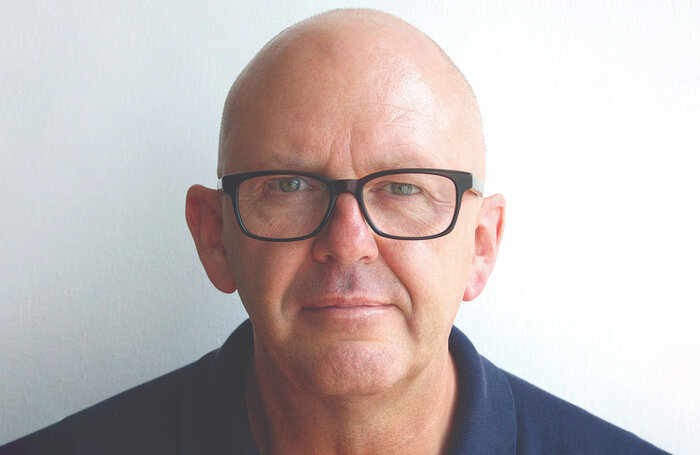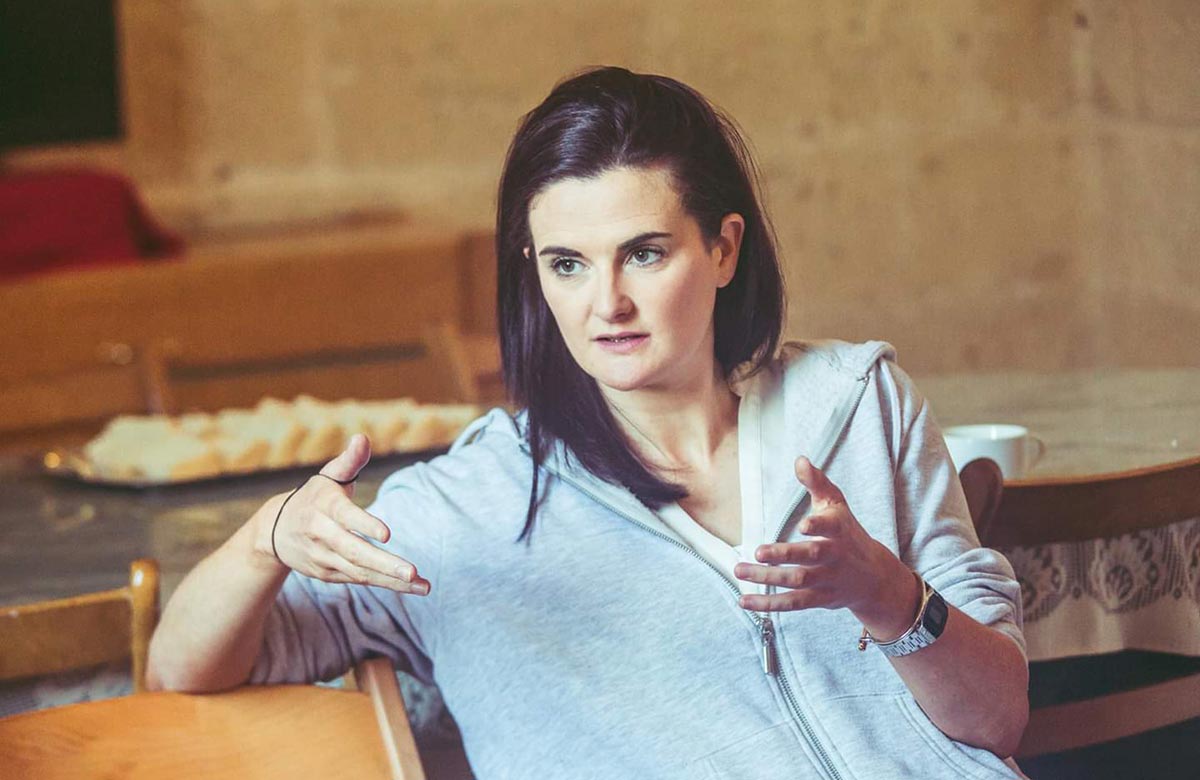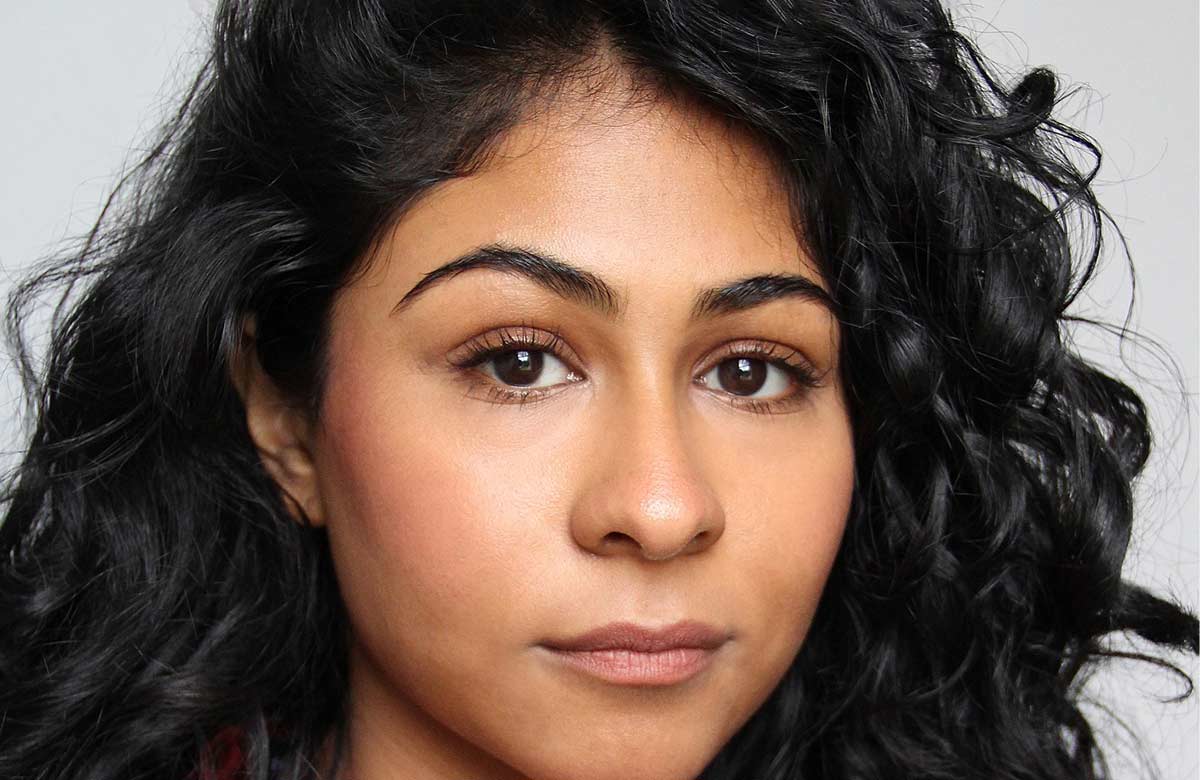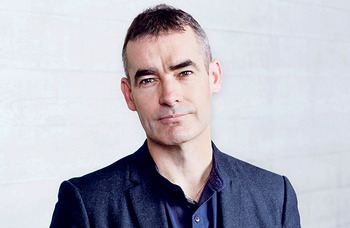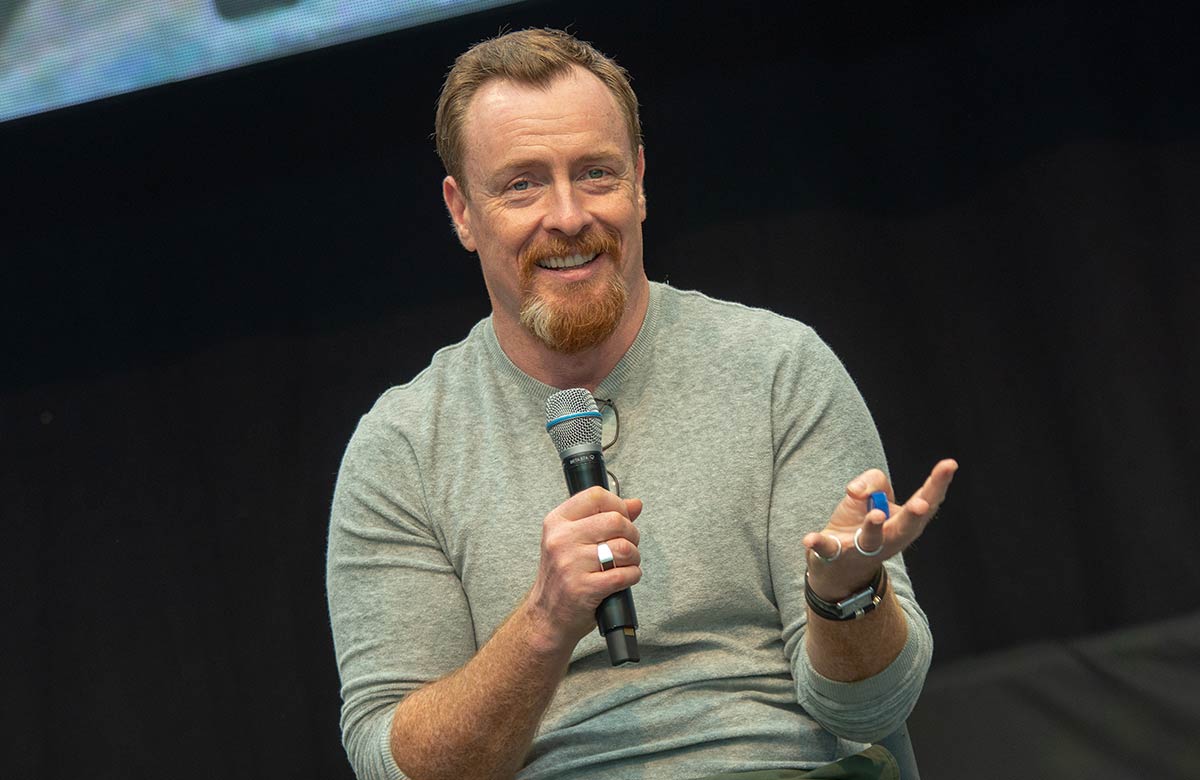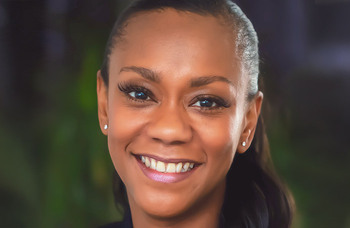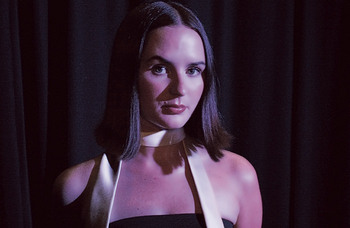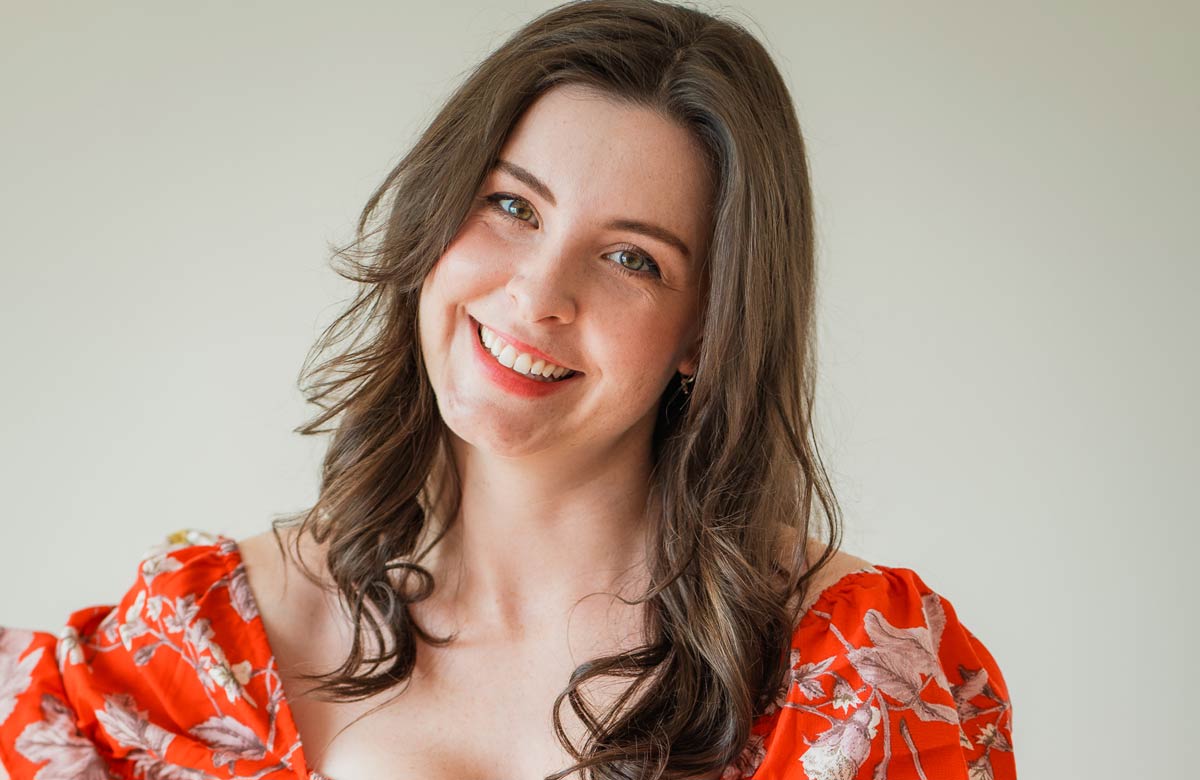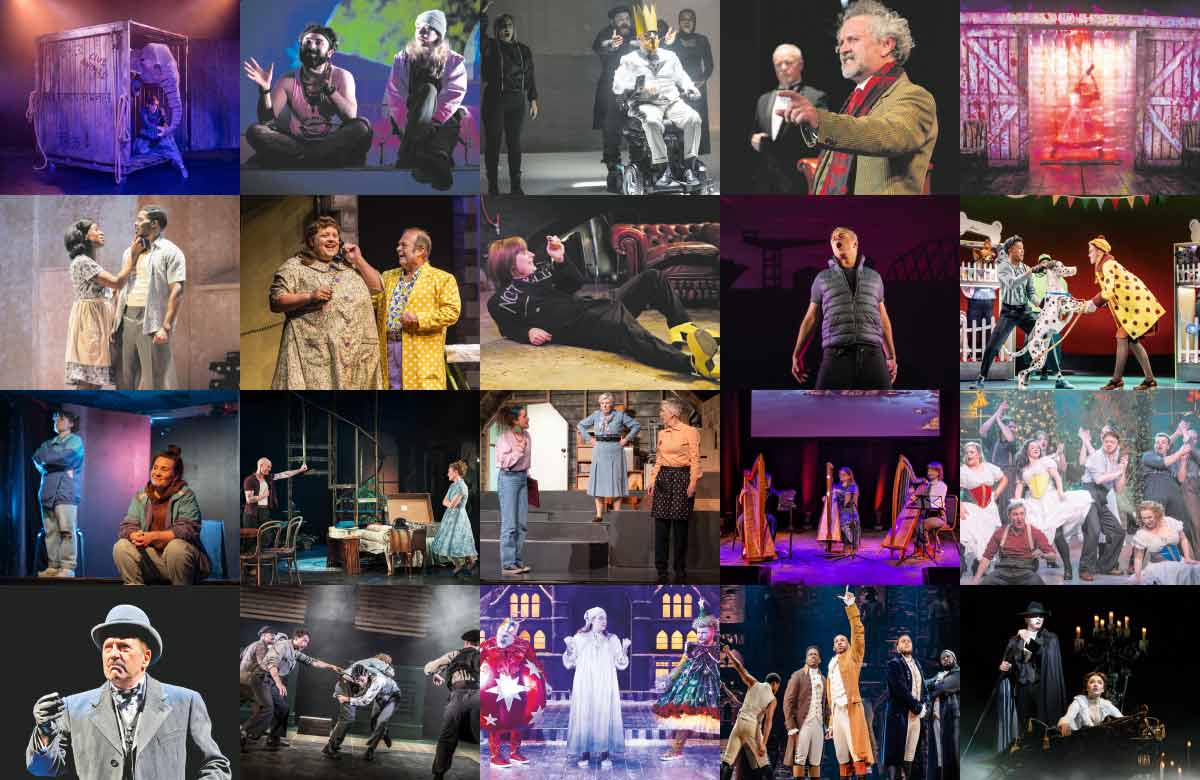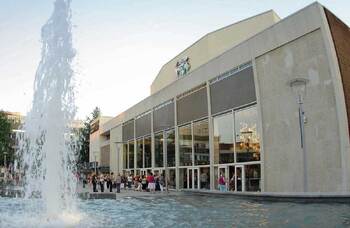Careers Clinic: how to choose the best drama school for you
The Stage’s resident careers adviser John Byrne tackles readers’ questions about drama schools and choosing the right one for you
How can I make the most of audition opportunities?
I have put a lot of time and thought into choosing the drama schools I want to apply for, and would hate for all that effort to go to waste due to messing up the auditions. Can you give me some dos and don’ts to help me make the most of audition opportunities should I get them?
John’s advice: I’m glad to see that you are already doing one of the most important parts of audition prep: realising that each audition is different, and the more you can find out about what to expect in advance, the better you can prepare.
Obviously, that isn’t possible with every audition, so, as you move through your career you will hopefully also learn the skills and confidence to think on your feet and do your best, whatever a particular casting throws at you.
Fortunately, I have managed to get you some good advice in advance from Stuart Wood, artistic director of Bristol School of Acting. Although individual schools may have variations in the way they organise their admission processes, I am sure the following from Stuart will be helpful: “Finding the right speech that suits you is crucial.
“Take time to research, read plays and don’t just rely on monologue books. The right speech will be one you feel connected to and that you really deeply understand. Then do as much work on the character as you can. Interrogate their circumstances and what they want at the moment they speak.
“The better you understand the speech and where it comes from psychologically, the more truthful it will be, the more relaxed you will be and you’ll be able to play it in different ways if directed in your audition.
“The most common mistake auditionees make? When you’re asked to do two contrasting pieces, make sure they really are contrasting. Quite a few people can do one thing well, but being able to transform is what will really set you apart.”
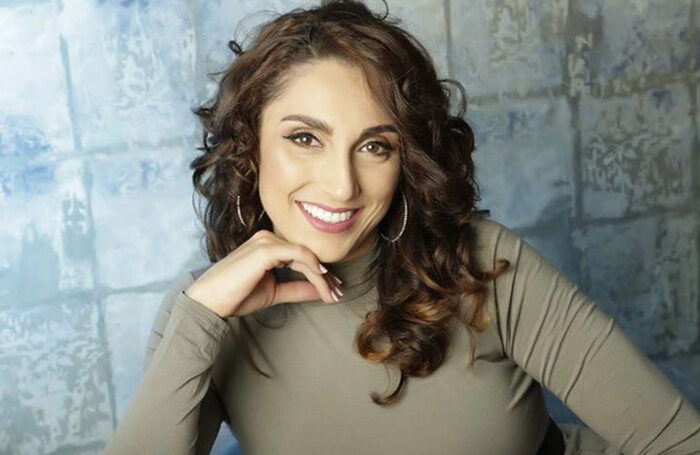
Are certain courses more suited to mature students?
Training as an actor has been a long-held ambition of mine, but only became financially possible this year. I will almost certainly be one of the older members of any class I join, so can you give me pointers on what to look for when searching for courses that would suit mature students?
John’s advice: There is no absolute guarantee of success for anyone embarking on a career in acting – at whatever age they make their entrance – but one advantage that older acting trainees have, which might not be the case in related fields such as dance, is that there is no ‘set-in-stone’ cut-off point after which it is too late to begin.
That doesn’t mean our industry is anywhere near where it should be in terms of equal opportunities for older actors, but any course worth serious consideration should aim not only to bring out the best in every individual member of its cohort but also set graduates up with the tools they need to navigate whatever casting bracket they find themselves in when they come out the other end.
Rebecca Sachdev, executive director of the Bridge Theatre Training Company, offers the following encouragement: “The professional industry needs actors of all ages, as well as social and cultural backgrounds, to enrich theatre, radio, film and television.
“What you bring to your training as an older student is maturity and an amount of life experience that your younger counterparts may not yet have. As a training actor, you should see that as one of your strengths, rather than any kind of weakness that might hold you back.
“Ask about the age range of their current student cohort and decide for yourself whether you will be a good fit for that environment.
“At the Bridge, we always have older students, who are an asset to our company and have been very successful finding work in the professional industry after completing their training.’’
What qualities should I look for in an acting course?
I’m excited about going to drama school, but also trying to plan ahead for the career opportunities I hope will come after graduation. As well as acting techniques and other performance skills, what kind of course content should I be looking for to ensure the school I choose will prepare me to be a working actor?
John’s advice: “A drama school course that prepares you for the profession should be responsive to what is happening, with a significant number of the faculty engaged in the current industry,” advises Erin Carter, head of the school of drama at Leeds Conservatoire.
“A modern course should balance screen and stage work, with comprehensive training in both. Courses should offer a range of experiences, broadening your horizons, enabling you to understand the breadth of opportunity the industry has to offer and the transferable nature of your storytelling skills. Industry insights, artistic development, professional opportunities and the space to collaborate with other artists will provide the most significant growth.”
Speaking as an industry careers adviser, I’m in full agreement with everything Erin suggests above, but would also encourage you to do as much preliminary research as you can into the specific areas of work that most interest you. Find out about the artistic side of the work but also the business and logistical challenges that people who are currently working in your chosen fields experience day to day.
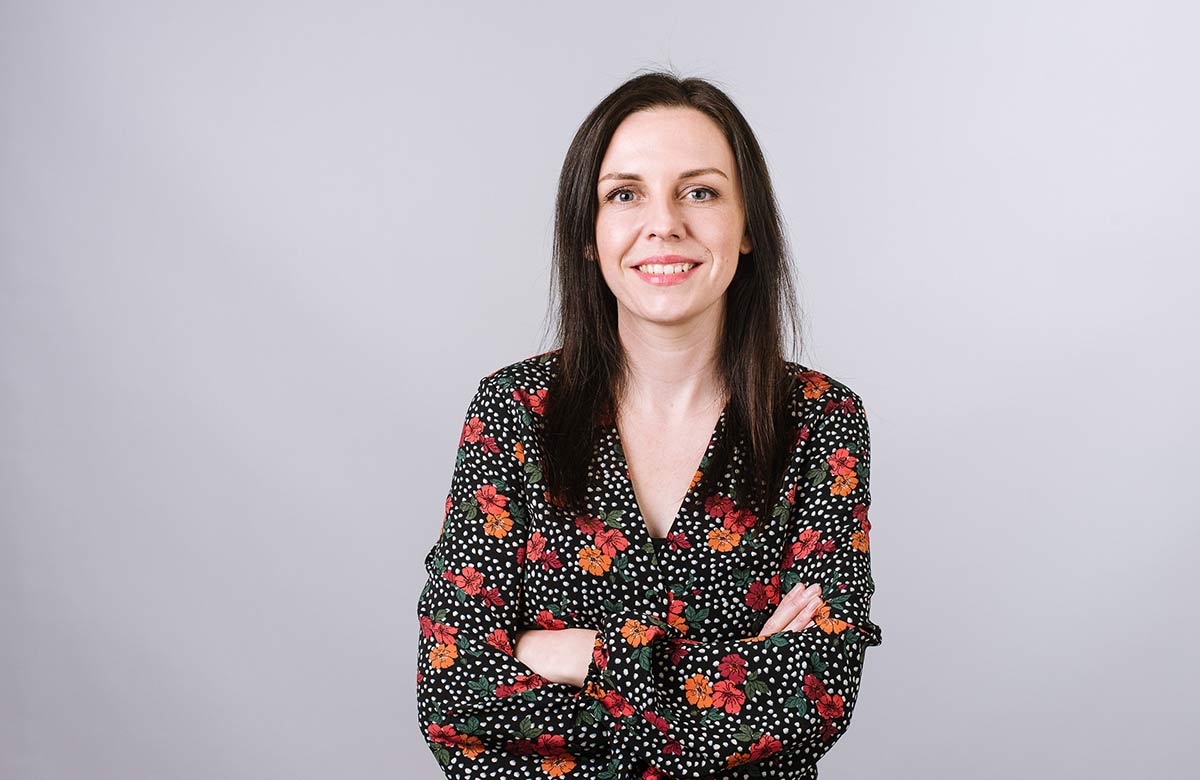
How do I determine which type of course is the best fit for me?
Like everyone else in drama class at my school, my thoughts are now on where I should apply to train once I finish. Unlike most of my friends, who seem clear that they want to focus on acting or musical theatre or, in one case, directing, I’m still not sure exactly what type of drama course would best suit me. Can you suggest the questions I should be asking myself to help narrow that down?
John’s advice: “You need to ask yourself what you wish to accomplish in the future, personally and professionally, by studying drama,” says Sarah O’Brien, associate head of school (performance) at York St John University.
“What are the creative skills you need for this? Do you want to develop a career that uses your dramatic skills to entertain through stage or screen? Do you have a passion for your artistry to help society more broadly such as within the arts, health, criminal justice and education sectors?
“It’s good to note the difference between conservatoires or drama schools that are validated by universities and studying at a university. Drama schools are primarily for actor training, while university courses traditionally cover a much broader range of career routes (eg, directing, producing and facilitation) that do not necessarily lead to acting, although they might.
“My advice would be that if you are not sure what kind of career you want to go into, then a university would better support you. Find a university with an established drama department, with academics who are performers, writers and directors themselves.
“That will help embolden your creative exploration of these career possibilities further. You can always go to drama school as a postgraduate. I wish you luck on your career journey.”
Will I know which school to go for once I have visited it in person?
I have narrowed my drama school search down to the three that I find most interesting, but there is only so much you can tell from exploring websites and socials. I’m hoping that the choice will become a lot clearer when I visit the actual places. What are the things I should be looking out for when I do get into the physical space so I can choose the school which is the best fit for me?
John's advice: Having visited many drama schools in various capacities over the years, I can certainly confirm that each one has a very distinctive ‘personality’ when you are there in person, and this can be an important factor in choosing.
This was certainly true for Sabrina Puri who, since leaving ArtsEd in 2021, has acquired stage and screen credits ranging from The Flood at Queen’s Theatre Hornchurch to several episodes of EastEnders.
She agrees that researching course content is important, but it was her experience at audition that helped her make her own ultimate course choice. A basic question she suggests you ask yourself is how comfortable you feel in the space.
“When I went for my audition, I felt safe and like it was an environment I could grow in, rather than feeling judged and scared (excluding normal audition nerves).
“I also found it helpful speaking to current students on the audition day – getting an insight into what it is like to actually be a student, as opposed to just seeing what it might be like from the outside.
“All the students on my audition day were so kind and welcoming, which really made me feel like I’d enjoy being there.”
Opinion
Recommended for you
Advice
Recommended for you
Most Read
Across The Stage this weekYour subscription helps ensure our journalism can continue
Invest in The Stage today with a subscription starting at just £5.99
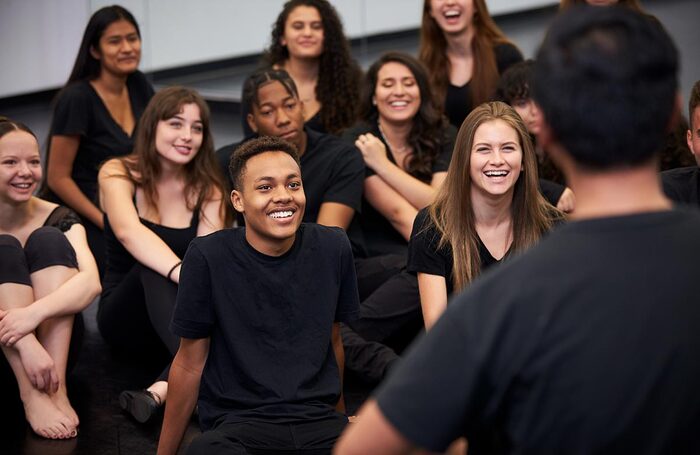
 John Byrne
John Byrne
